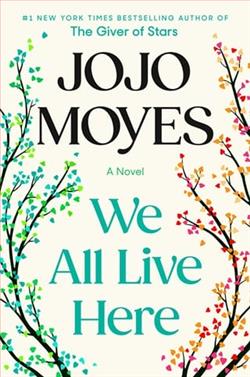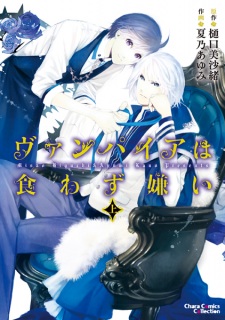Martial Peak Reviews
Jojo Moyes, a name synonymous with heartfelt storytelling and intricate character development, returns with her latest novel, We All Live Here. This book is a testament to Moyes' ability to weave complex narratives that resonate deeply with readers, exploring themes of family, forgiveness, and the often chaotic nature of modern life. In this review, we delve into the intricacies of Moyes' storytelling, examining the themes, character arcs, and the overall impact of this contemporary tale.
At the heart of We All Live Here is Lila Kennedy, a woman whose life is a tapestry of challenges and unexpected turns. Moyes crafts Lila as a relatable protagonist, embodying the struggles of many women today who juggle personal and professional responsibilities. Her broken marriage and the pressures of raising two wayward daughters are compounded by the presence of her elderly stepfather, who has quietly taken up residence in her already chaotic household. Moyes paints a vivid picture of Lila's life, capturing the essence of a woman on the brink, yet resilient in the face of adversity.
The arrival of Lila's estranged father, a man who abandoned her for the allure of Hollywood glamour, serves as a catalyst for the story's exploration of familial bonds and forgiveness. Moyes expertly navigates the complexities of Lila's emotions, portraying her initial resentment and the gradual journey towards understanding and reconciliation. This narrative thread is a poignant reminder of the power of forgiveness and the unexpected lessons that can emerge from the most strained relationships.
One of the standout elements of We All Live Here is Moyes' portrayal of the blended family dynamic. The interactions between Lila, her daughters, and her stepfather are depicted with authenticity and depth, highlighting the challenges and joys of living in a multi-generational household. Moyes captures the nuances of these relationships, illustrating how love and support can manifest in the most unconventional ways. The novel's title itself is a nod to the idea that family is not just about blood relations but about the connections we forge and nurture over time.
Moyes' writing is both engaging and evocative, drawing readers into the world she has created with ease. Her ability to balance humor and heartache is evident throughout the novel, providing moments of levity amidst the more serious themes. The dialogue is sharp and realistic, reflecting the complexities of familial interactions and the often-unspoken emotions that lie beneath the surface.
In terms of character development, Moyes excels in crafting multidimensional characters who evolve over the course of the narrative. Lila's journey is particularly compelling, as she grapples with her past and learns to embrace the present. Her daughters, too, are given their own arcs, each dealing with their own struggles and growth. Moyes ensures that each character is given the space to develop, resulting in a rich tapestry of interconnected stories that enhance the overall impact of the novel.
Comparatively, We All Live Here shares thematic similarities with works by authors such as Jodi Picoult and Liane Moriarty, who also explore the intricacies of family dynamics and personal growth. However, Moyes' unique voice and her ability to infuse her narratives with warmth and humor set her apart. Her characters are flawed yet endearing, and her storytelling is both poignant and uplifting, leaving readers with a sense of hope and a deeper understanding of what it means to be family.
Overall, We All Live Here is a beautifully crafted novel that resonates on multiple levels. Jojo Moyes has once again delivered a story that is both entertaining and thought-provoking, inviting readers to reflect on their own relationships and the importance of forgiveness and acceptance. This book is a must-read for fans of contemporary fiction and anyone who appreciates a well-told story about the complexities of modern family life.
In conclusion, Jojo Moyes' We All Live Here is a testament to her skill as a storyteller and her ability to capture the essence of human relationships. It is a novel that will stay with readers long after the final page is turned, offering insights into the nature of love, family, and the enduring power of forgiveness. Whether you are a long-time fan of Moyes or new to her work, this book is sure to leave a lasting impression.
























Reviews 0
Post a Reviews: